As winter approaches - gardeners face a common challenge – ensuring their beloved plants thrive despite the cold nights. While we may not typically experience snowfall in most regions, the lower temperatures at night and the thick fog can still be a cause for concern, especially for those tending to both indoor and outdoor gardens.
In this blog, we'll explore why plants need extra care during winter and discuss various methods to shield your plants and veggies from the chilly weather.
Why Plants Need Extra Care in Winter

During winter, plants experience a series of stressors that require extra attention:
- Low Temperatures: Winter nights in India can be surprisingly cold, with temperatures dropping significantly. This cold weather can damage the sensitive cells of plants, causing them to wilt and suffer.
- Reduced Sunlight: Winter months also bring shorter daylight hours and reduced sunlight, which can hinder the process of photosynthesis. Thereby resulting in slow plant growth.
- Drying Winds: The cold winds that sweep through can lead to rapid water loss in both indoor and outdoor plants. This can result in dehydration and weakened plant health.
Protecting Your Garden during the Winter Season
Indoor Plants: Although indoor plants are placed better than the outdoor plants when it comes to winter nights, there are still some things you should keep in check to keep your indoor plants flourishing during the winter.
Move to light

The simplest way to protect indoor plants is to move them closer to windows that receive good sunlight during the day, or even place them in direct sunlight on your balconies. At night, position them away from the cold open spaces.
Humidity Control

Ensure your indoor plants receive adequate humidity. Use a water tray or a room humidifier to prevent dry air from causing problems. One easy method to create a microclimate for your indoor plants is by placing them in a tray of water on top of some rocks without letting the bottom of the pots touch the water level. Remember to not cover the drainage holes either.
Reduce Watering

Water indoor plants less frequently during winter. Overwatering can lead to root rot, which is more likely to occur in cold, damp conditions. Stick your finger in the top 1 inch of soil to check if the soil feels dry to the touch. If it’s dry, water gently with a slow mist.
Outdoor Plants: Now comes the real challenge. Outdoor plants may receive more sunlight during the day, but the extreme drop in temperature during the night can hamper their growth. Here's what you can do.
Mulching

Apply a layer of mulch around the base of your outdoor plants. Mulch acts as insulation, protecting the roots from extreme temperature fluctuations. Tree bark, hay, or even recyclable corrugated boxes can be used as mulch. To know more about mulching, read this detailed guide about mulching in India.
Covering

On particularly cold nights, cover sensitive outdoor plants with a row cover or burlap to keep them warm. By providing a barrier during the cold nights, your plants can stay warm through the cold nights. This also helps keep pests at bay.
Grouping

Another trick to keep your outdoor potted plants happy during the cold season is to keep them together. Cluster potted plants together in your garden. This arrangement provides mutual warmth and protection against the cold.
Water Management

Be mindful of watering. Water in the morning so that the soil has a chance to absorb moisture before nightfall, preventing the roots from freezing. Plants also require relatively less watering during the cold months. Hence, it is advisable to cut back on the watering frequency in general.
These methods should help you keep your plants warm during the winter season.
5 Ideal Winter Vegetables for Your Garden

If you're looking to plant veggies during the winter season in India, you're in luck. The following are some vegetables that thrive in the cooler climate:
- Spinach: Who doesn’t like the winter quintessential Saag with Ghee in winter? Rich in vitamins and minerals, spinach is a hardy winter vegetable that's easy to grow. Order spinach seeds to make the most of this cold season.
- Carrots: These root vegetables can withstand the cold and offer a sweet reward in the form of homegrown vibrant carrots. And the best thing is, we have more than one variety for you to grow and harvest for the Gajar ka halwa you crave every winter. Check out our collection of carrot seeds and growing supplies now.
- Cauliflower: A staple in many Indian dishes across states and regions, cauliflower thrives in cooler temperatures and is a fantastic addition to your winter garden. From basic Phool gobhi to cauliflower romanesco, we have a variety of cauliflower seeds for you to choose from.
- Peas: Peas are perfect for Indian winters, with their peas-in-a-pod goodness making them a popular choice among home gardeners. Remember to have the stakes in place before you start planting peas in your garden. Shop peas seeds to plant this winter.
- Beetroot: No winter salad plate can be complete with some good old burgundy red beetroot cut up for nutrition, flavours and dramatic colours. But beetroot or chukandar is much more than just a salad accompaniment. Try making beetroot soup, beetroot rice, or some beetroot cutlets this winter for some crimson twist on your recipes. Order beetroot seeds now to start growing your own beetroot at home.
While India may not experience heavy snowfall, the cold nights can still pose challenges to your plants. By providing the right care and using various protection methods, you can ensure your indoor and outdoor gardens thrive during the winter season. Happy gardening!


 Sign In
Sign In



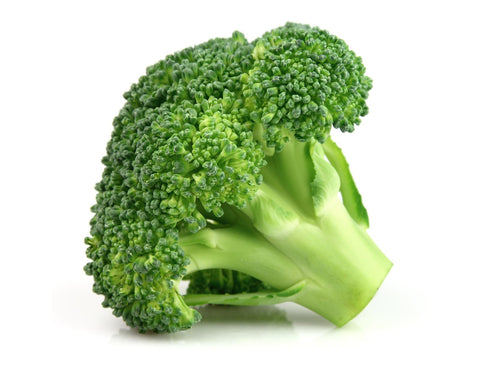
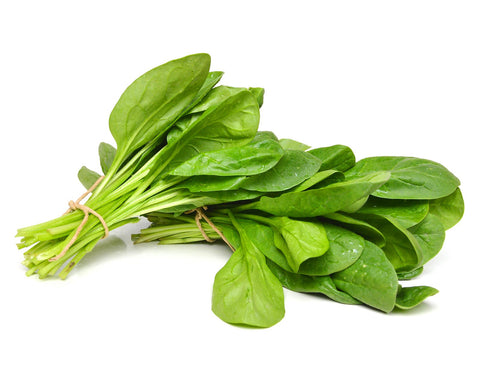
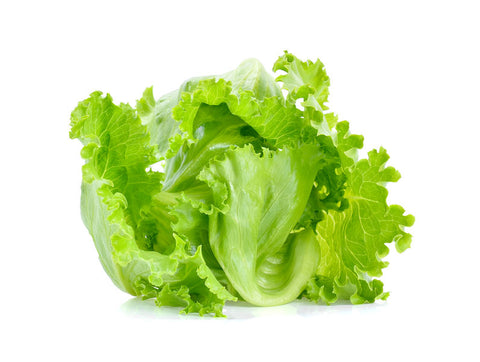
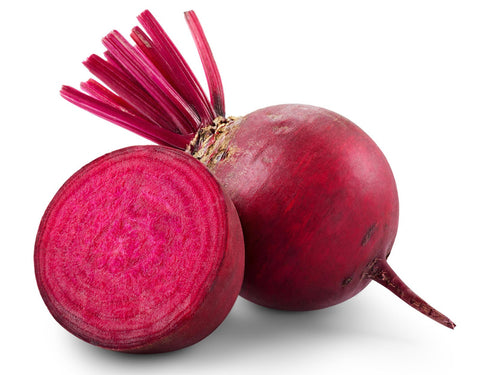
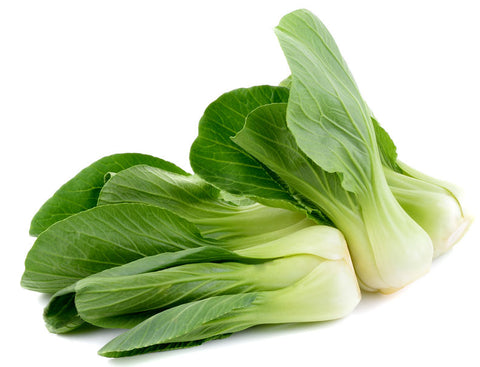
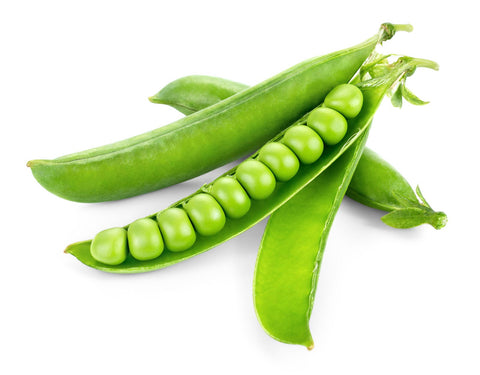
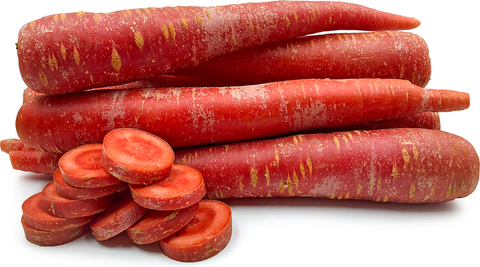
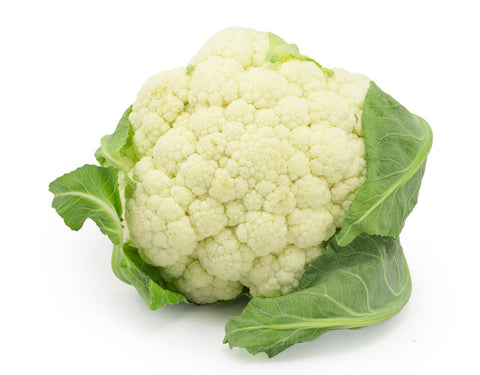
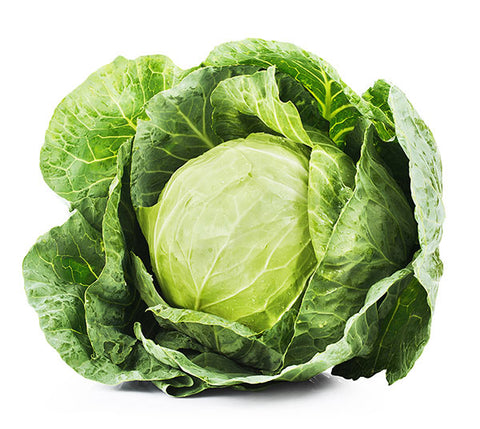
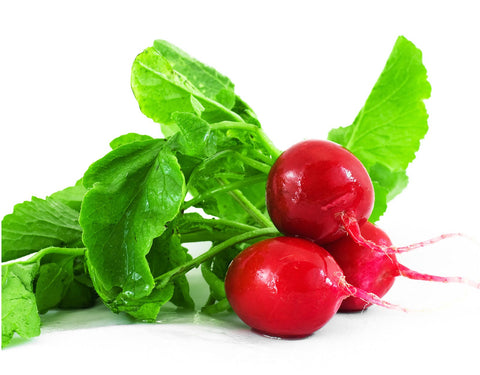







Let us know your feedback
* Comments must be approved before being displayed.